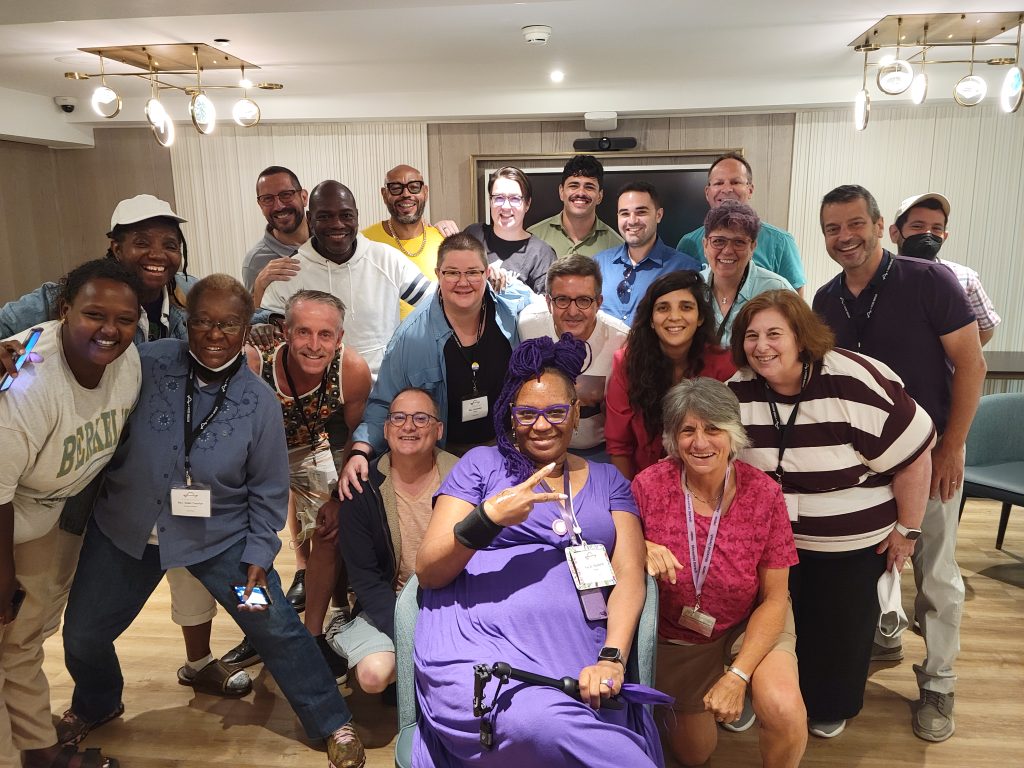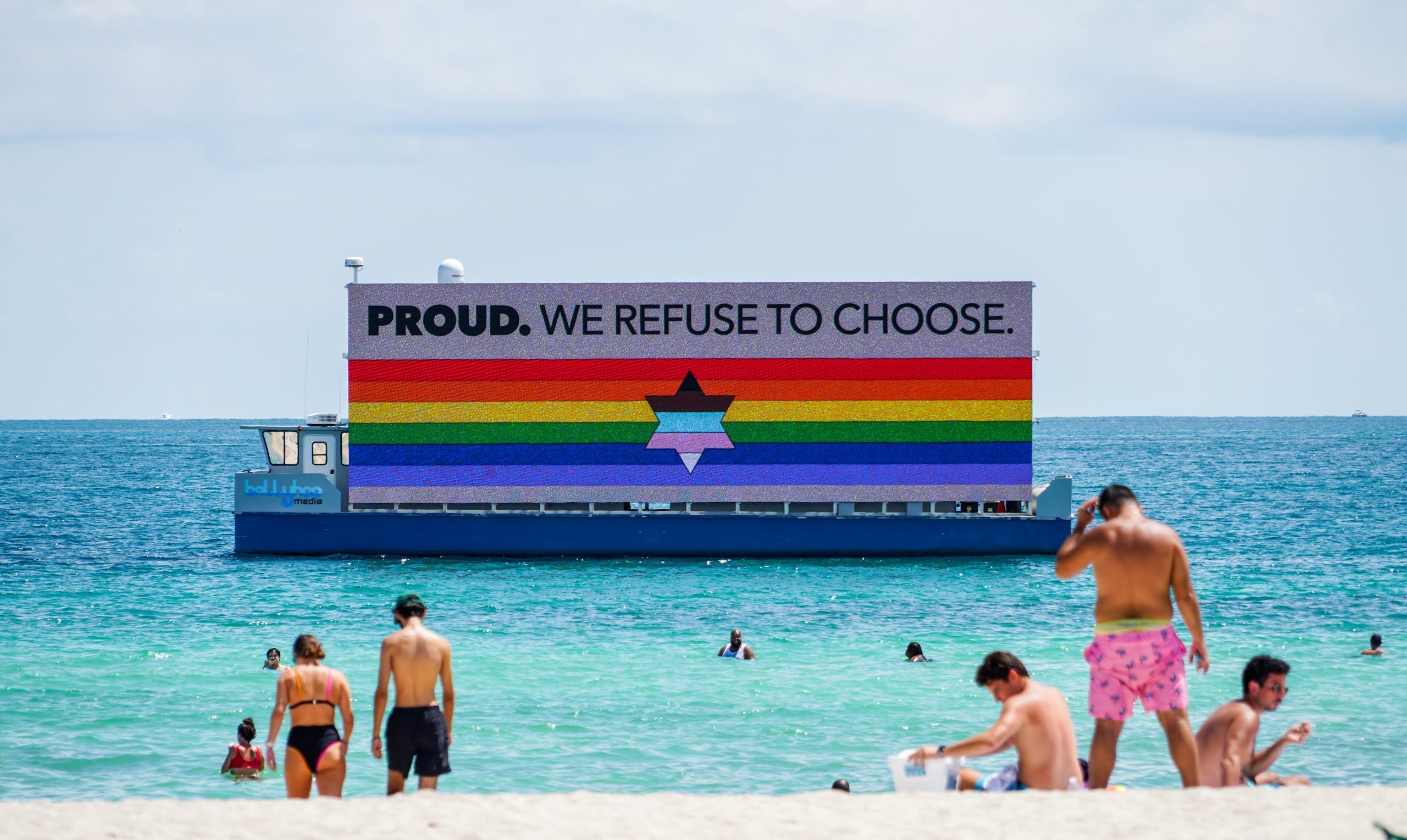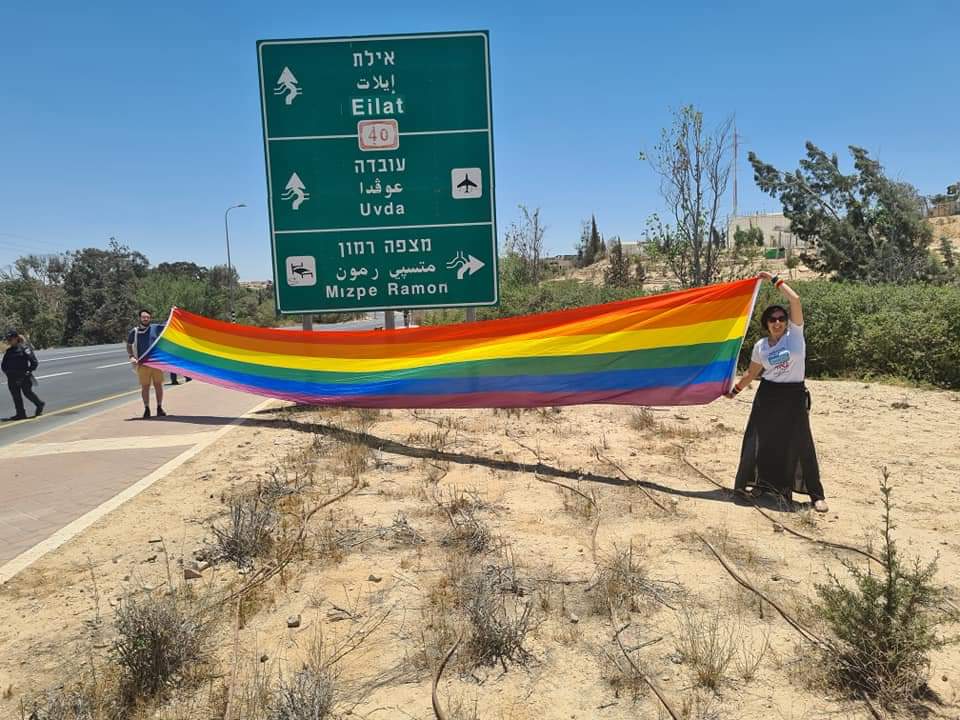In November, we celebrate Mizrahi Heritage Month.
We are proud and happy to share with you the thoughts of our friend Reit Naggar, one of the people who established Hay.a (‘alive’ in Hebrew in both female and male verbs), a queer Mizrahi forum:
What does Hay.a mean for me?
Hay.a for me is to receive a message from someone asking me to talk about this forum and to immediately start singing a Zehava Ben’s song (a Mizrahi singer)
Hay.a for me to attach a photo with my Moroccan bracelets to my answer and to remember the moment I received them, the first in the family, which started a tradition of golden pride.
I got the bracelets from my mother as a graduation present.
I didn’t allow myself to be happy that I graduated because I couldn’t feel a sense of victory or that I earned it through hard work. The feeling was that I was here by mistake.
I don’t know if it has to do with the fact that I’m a woman, Mizrahi, or LGBTQ or post-traumatic; probably, it’s a mix of all this crazy intersection that is the identity of each of us.
It’s called being human.
And I’ve heard from people –
“And why divide us?
Why all the labels?
Why not simply belong and get along with what is there
What are you trying to do?
What do you want?”
I want to feel that I belong.
Because what have we asked for when we established the forum?
We did not ask to split and divide the LGBTQ strength.
We asked to make some space for more voices. Because right now, most of the voices are similar.
And when we have a group, we belong, And when we belong, we dare to speak up and make our voices heard.
And when we make our voice heard, we invite more friends to join.
Only when we make room for more voices – for more colors in the flag – do we reach the critical mass that we are.
And then, we will also take our deserved rights and reach equality.
Easy.



